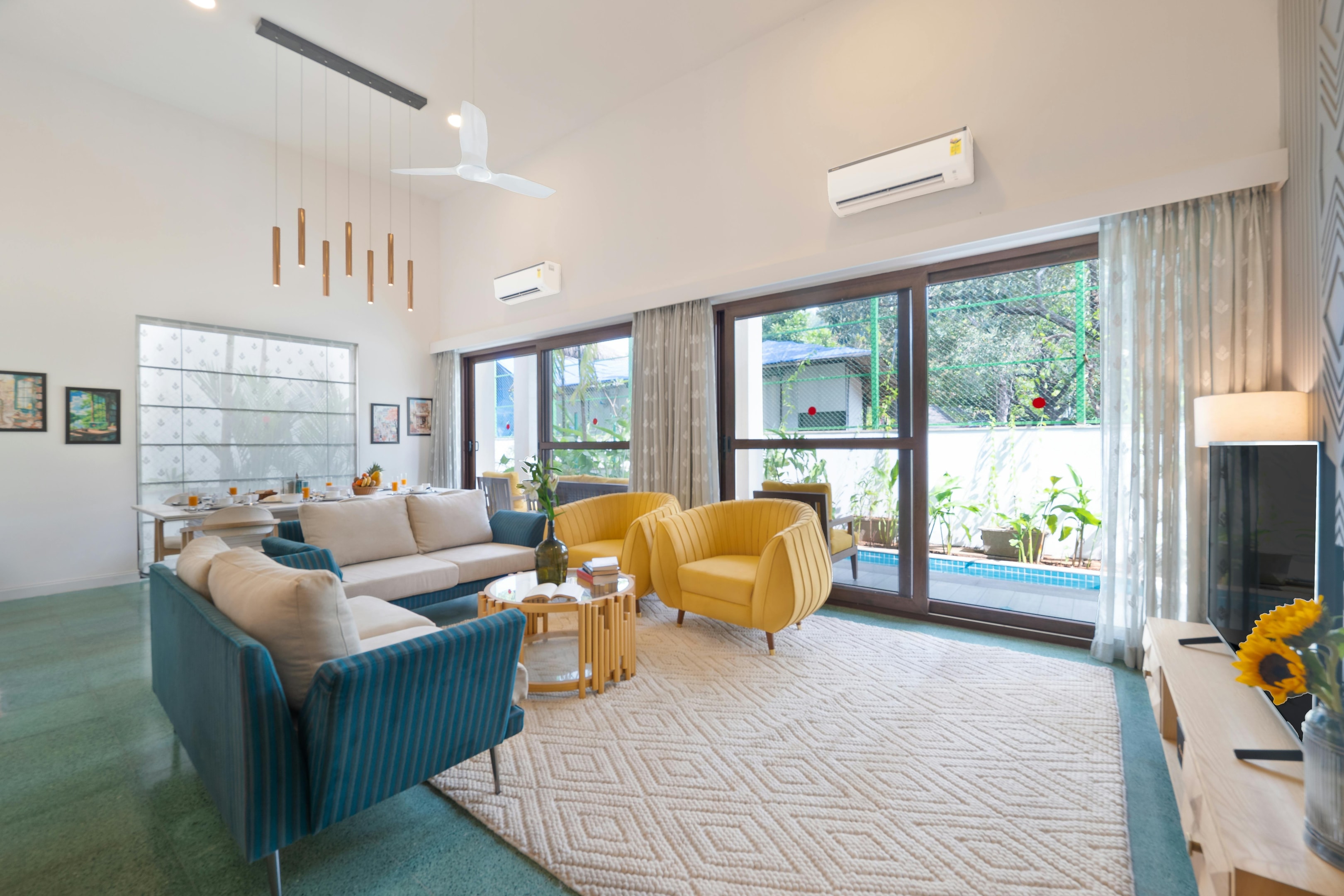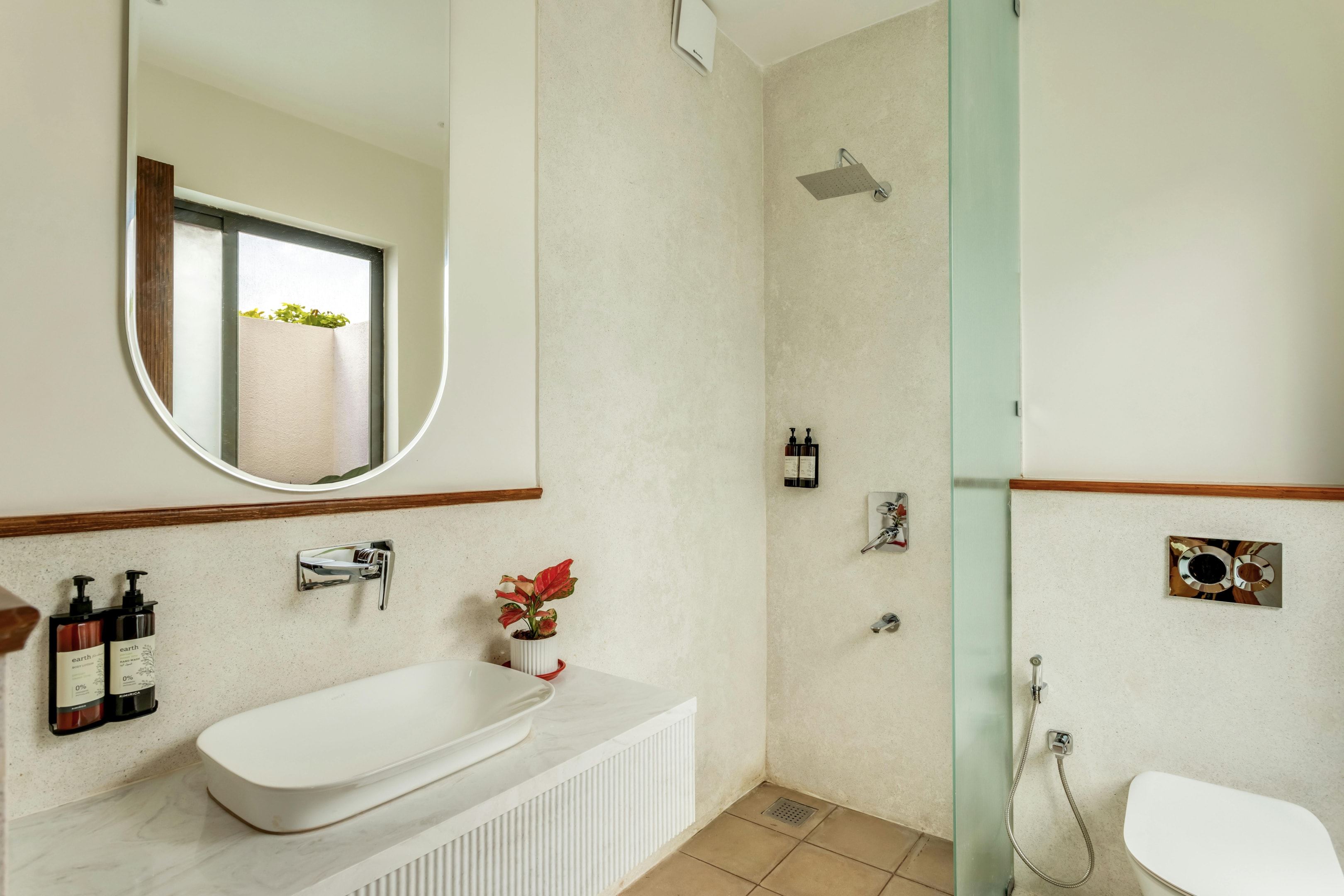Owning an Airbnb: Essential Insights for New and Experienced Hosts

Why Owning an Airbnb Is More Than Just a Side Hustle
In the past decade, Airbnb has transformed from a quirky idea—renting out a spare air mattress—to a multi-billion-dollar industry, presenting property owners and investors with a unique opportunity to build consistent cash flow and long-term wealth. Owning an Airbnb isn't just about listing your property online; it requires treating it like a hospitality business. When managed well, short-term rentals can outperform long-term rentals in income, flexibility, and scalability, offering distinct advantages over traditional investment options. However, success demands understanding the risks, regulations, and strategies that differentiate profitable hosts from those who struggle. The vacation rental industry continues to grow rapidly, providing increasing opportunities for real estate investors and hosts to capitalize on this dynamic market.
What Does It Mean to Own an Airbnb?
Airbnb hosts and any aspiring Airbnb host can benefit from several unique advantages when owning a short-term rental property. These include higher income potential, as Airbnbs often generate two to three times the monthly income of traditional rentals, offering opportunities for extra and supplemental income through frequent guest turnover and variable pricing. Hosts also enjoy more control over pricing, guest selection, and property use compared to traditional rentals, allowing for greater flexibility and oversight. With strategic planning and efficient operations, owning an Airbnb can become a profitable business for dedicated hosts. Additionally, Airbnb ownership offers flexibility, as you control when the property is rented and when you use it for personal vacations. Tax advantages are another benefit, with deductible expenses including mortgage interest, cleaning, maintenance, supplies, and depreciation. Finally, hosting a variety of guests such as travelers, families, and business professionals can make the experience rewarding.
Top Benefits of Owning an Airbnb
Airbnb hosts and any aspiring Airbnb host can benefit from several unique advantages when owning a short-term rental property:
Higher Income Potential – Airbnbs often generate 2–3x the monthly income of traditional rentals, offering opportunities for extra income and supplemental income through frequent guest turnover and variable pricing.
More Control – Airbnb hosts have more control over pricing, guest selection, and property use compared to traditional rentals, allowing for greater flexibility and oversight.
Profitable Business – With strategic planning and efficient operations, owning an Airbnb can become a profitable business for dedicated hosts.
Flexibility – You control when it's rented and when you use it for personal vacations.
Tax Advantages – Deductible expenses include mortgage interest, cleaning, maintenance, supplies, and depreciation.
Guest Variety – You get to host travelers, families, and business professionals, which can make hosting rewarding.

Risks and Challenges Every Airbnb Owner Faces
Market Saturation – In popular tourist cities, oversupply can lower occupancy rates.
Regulatory Restrictions – Some cities limit or ban short-term rentals.
Compliance with Airbnb Regulations and Local Laws – It is crucial to check and comply with airbnb regulations and local laws to avoid legal issues and ensure your rental operates smoothly.
Market Trends – Shifting market trends can impact demand, guest expectations, and overall profitability, so staying informed is essential.
Low Seasons – Plan for low seasons when rental activity and income may decrease, and ensure you have financial reserves to cover expenses during these periods.
Sales Tax – Accounting for sales tax obligations is important, as it can affect your net income and should be included in your financial planning.
Unpredictable Guests – From partygoers to rule-breakers, not every guest is ideal.
Operational Costs – Cleaning, turnovers, and platform fees can eat into profits.
Like any business, Airbnb hosting has barriers to entry, but careful planning can minimize risks.
Choosing the Right Property for Airbnb
Location is the number one factor in success. Look for tourist hotspots such as beaches, ski towns, and national parks; business travel destinations like downtown condos near convention centers; unique stays including cabins, tiny homes, or luxury spaces that stand out from cookie-cutter rentals; and high demand areas and major cities known for strong occupancy rates and rental income potential. Selecting the right location is crucial for maximizing returns on your Airbnb investment property. While urban areas offer great opportunities, they also come with unique considerations such as housing shortages and neighbor relations in densely populated regions. To make informed decisions, always conduct thorough market research to analyze trends, assess lucrative opportunities, and understand demand before purchasing. Tools like AirDNA can help you research occupancy rates and nightly pricing in your target area. For tips on popular areas to invest in real estate, see Experts Reveal the Best Place to Buy Investment Property for Maximum ROI.
Financial Considerations Before Buying an Airbnb
Owning an Airbnb requires upfront capital and ongoing investment, including purchase costs like down payments, setup expenses for furniture and supplies, and operating costs such as utilities, cleaning, insurance, and Airbnb fees. While Airbnb hosting offers higher income potential compared to traditional rentals, it also involves variable costs and responsibilities. Evaluating profitability with metrics like cap rate and cash-on-cash return is essential for making informed investment decisions and ensuring a successful Airbnb business.

Designing an Airbnb Guests Will Love
Your property's setup directly impacts reviews and repeat bookings. Thoughtful design not only creates exceptional guest experiences but also leads to higher guest satisfaction, which is crucial for success as an Airbnb host. Positive reviews are often the result of a well-designed space that meets and exceeds guest expectations. Focus on comfort by providing quality mattresses, blackout curtains, and fast Wi-Fi; add personality with unique décor that makes your listing stand out and appeals to potential guests looking for memorable stays; provide essentials such as stocked kitchens, extra toiletries, and local guides; and consider hiring a professional photographer, as professional photos can boost bookings by 40% or more, making your listing more attractive to potential guests and increasing the likelihood of positive reviews.
Winning Pricing Strategies
Your nightly rate can make or break profitability. Use:
Dynamic Pricing Tools – Services like PriceLabs and Wheelhouse automatically adjust prices based on demand.
Monitor Occupancy Rate – Regularly track your occupancy rate to inform pricing decisions and ensure your property is rented often enough to cover expenses and maximize profit.
Right Strategies – Implement the right strategies, such as dynamic pricing and competitor analysis, to maximize revenue and investment success.
Seasonal Adjustments – Higher prices in peak season, discounts during slow months.
Competitor Analysis – Study top-performing listings in your area.
Marketing Your Airbnb Beyond Airbnb
While Airbnb drives traffic, successful hosts go beyond by optimizing their Airbnb listing to attract more bookings, monitoring local listings to stay competitive, and offering unique Airbnb experiences like tours or workshops to enhance guest satisfaction. They also build direct booking websites to reduce platform fees, market through social media with lifestyle photography, create loyalty programs for repeat guests, and stay updated with market and emerging trends in the short-term rental industry to refine their strategies and maximize profitability.
Guest Management Best Practices
Great reviews equal more bookings, so to keep guests happy, prioritize effective guest communication to ensure guest satisfaction and high ratings by responding quickly to messages, using smart locks for easy check-ins, providing clear instructions for appliances, checkouts, and house rules, and handling issues with empathy and professionalism; consider involving a family member as a co-host to help manage guest relations if you are not always available, and hiring a co-host or property manager can help streamline operations, making it easier to manage multiple properties and maintain high standards.
Automating Your Airbnb Business
Running multiple listings? Automation is your friend. Utilize smart home technology such as thermostats, noise monitors, and security cameras to enhance property management. Schedule automated messaging to maintain timely guest communications, and partner with reliable cleaning teams to handle turnovers efficiently. Additionally, employing vacation rental software can streamline and automate property management tasks, making it easier to manage operations and deliver exceptional guest experiences remotely.

Legal & Regulatory Concerns
Short-term rentals are heavily regulated in many cities, so real estate investors must stay informed about Airbnb regulations, which can include requirements such as business licenses or short-term rental permits, occupancy taxes collected from guests, and insurance beyond standard homeowner's coverage. Compliance with local Airbnb regulations is crucial for anyone running a short term rental business, as failing to comply can lead to fines or even forced closure.
Airbnb Taxes and Write-Offs
Airbnb income is taxable, but deductions can offset it. Common write-offs include utilities and cleaning services, repairs, maintenance, and upgrades, marketing and photography costs, depreciation of furniture and appliances, and accounting for sales tax obligations as part of your business finances. Keeping meticulous records is key for maximizing savings.
Scaling Your Airbnb Portfolio
Scaling is a crucial step in your Airbnb journey, as many hosts start with one property and then look to expand by acquiring additional Airbnb properties to grow their portfolio. Effective strategies for scaling include reinvesting profits into new units, hiring co-hosts or property managers to streamline operations, and building a diversified portfolio across multiple cities or property types. Diversifying your Airbnb investments is essential for long-term success, as it helps manage risk and adapt to changing market conditions.
The Future of Airbnb Investing
Short-term rentals are here to stay, but the industry is evolving:
AI in Hosting – Smarter pricing and guest messaging.
Remote Management – Technology allows owners to host from anywhere.
Hotel Competition – Hotels are adapting, meaning Airbnbs must focus on unique experiences.
Regulatory Shifts – Expect stricter rules in some cities, more opportunities in others.
The Airbnb market is evolving rapidly with new technologies and changing regulations, impacting profitability and market trends. Vacation rentals continue to grow as a major segment of the hospitality industry, driven by smart technology integration and improved property management. For those running a short term rental business, future opportunities are promising, but challenges such as increased competition and compliance with local laws will require strategic planning and adaptability.

Conclusion
Owning an Airbnb is not a get-rich-quick scheme—it's a business model that rewards preparation, creativity, and consistency. The most successful hosts are those who treat it like hospitality, not just real estate. By focusing on delivering exceptional guest experiences, maintaining a well-designed and welcoming property, and staying informed about market trends and local regulations, you can maximize your Airbnb's potential. With the right property, smart pricing strategies, and attention to guest satisfaction, you can transform short-term rentals into a sustainable, scalable income stream that builds both wealth and freedom over time.